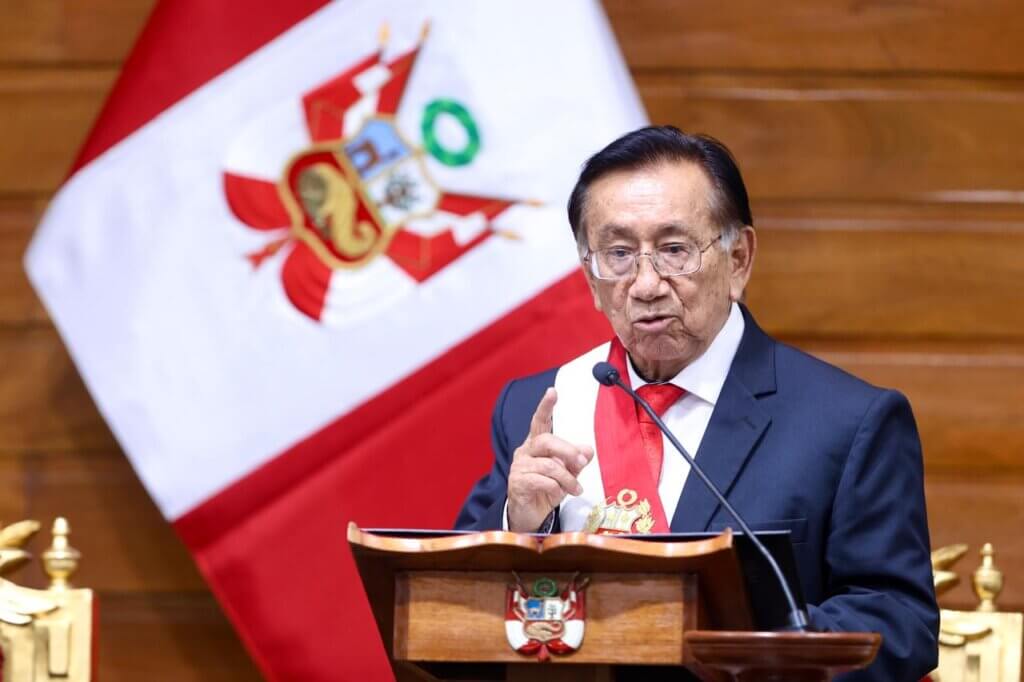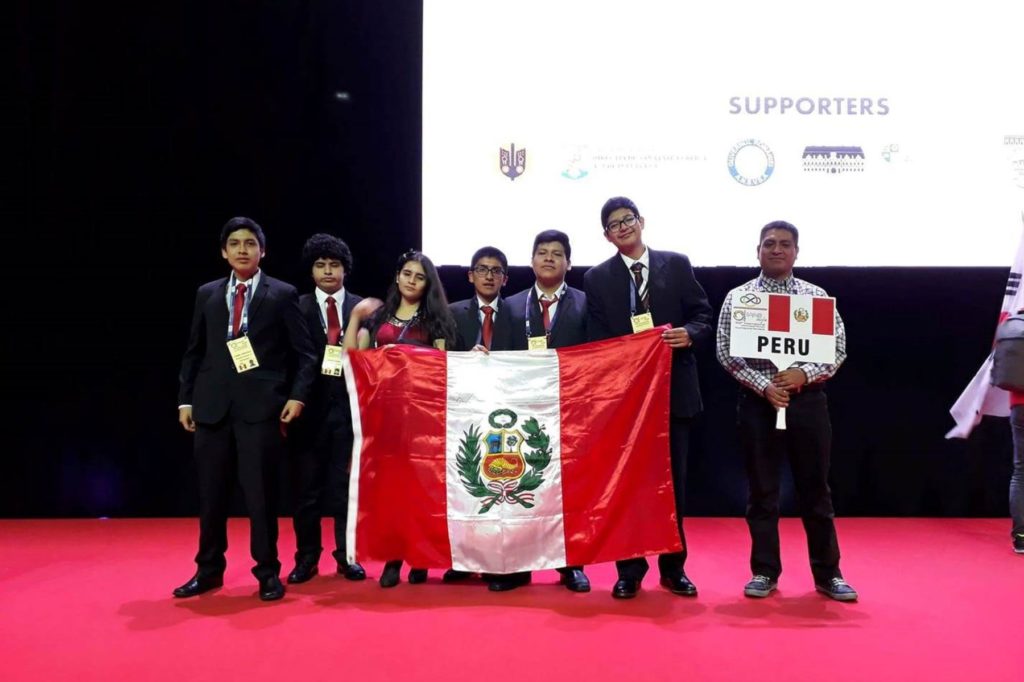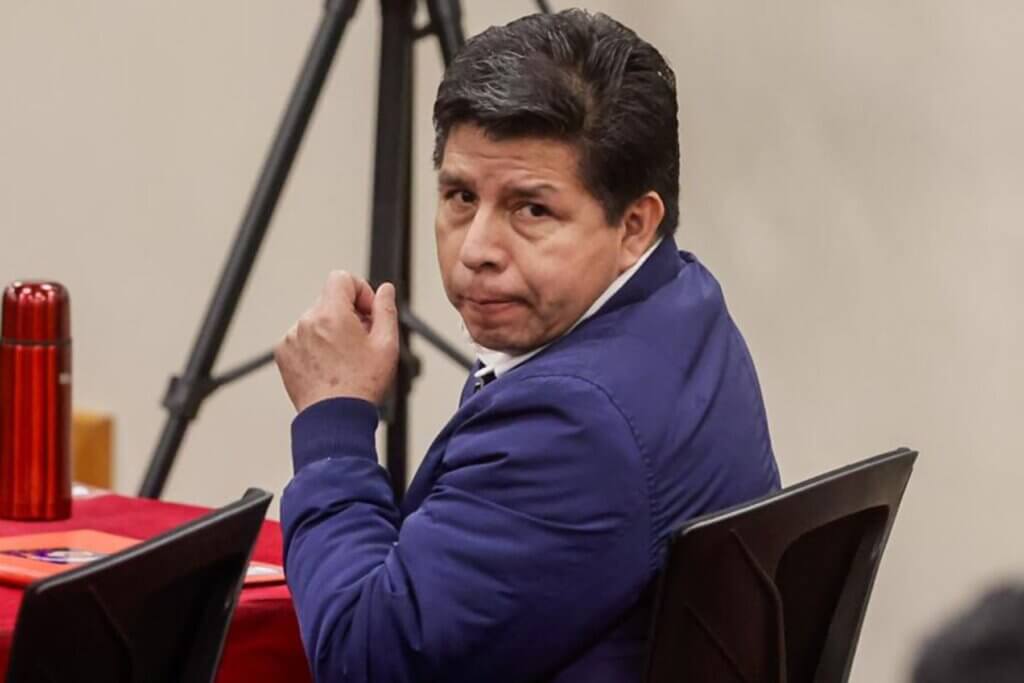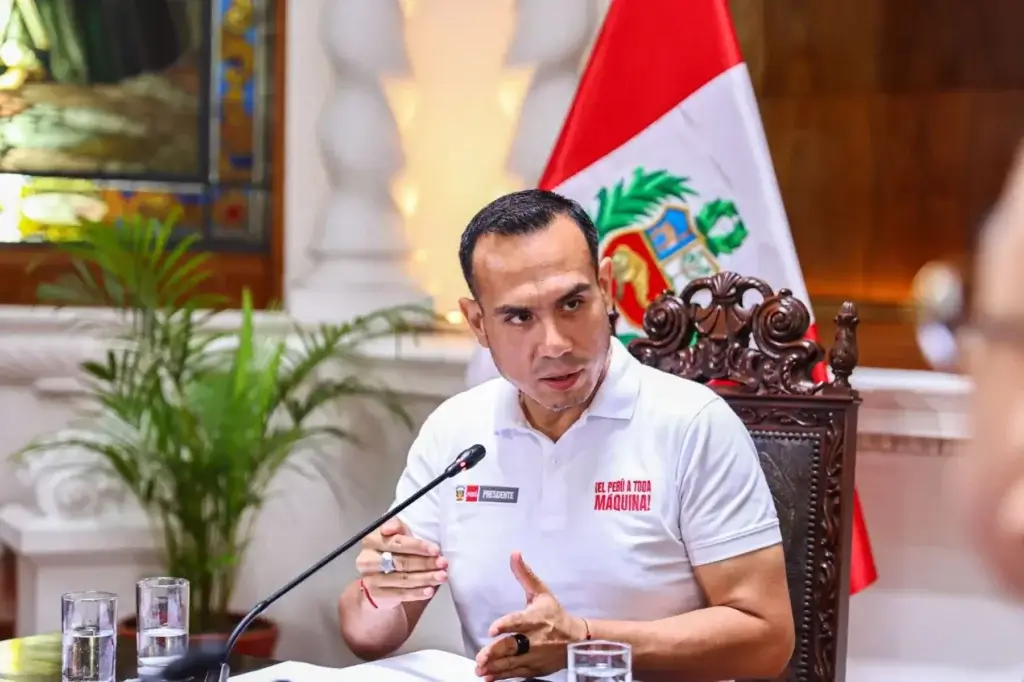The trend of Latin American countries fighting back against the negative consequences stemming from sex tourism continues as Peru’s Congress recently enacted a law to punish those promoting the industry in the Andean country.
According to the newly approved Law 30802 that is enacted to “guarantee the protection and integrity of children” entering any place of lodging in the country, an article of said law will look to punish those providing services that promote sex tourism.
Article 4 of the law, which can be viewed in Spanish here, explicitly states that any use of underage minors in bars or hotels that cater to sex tourists will be punished by the law.
“The suppliers of tourism services will also incur a sanctionable infraction with the authorization of developing tourist activities that are promoting or allowing the sexual exploitation of girls, boys and children in their establishments or when they don’t alert the respective authorities of all facts connected with the commercial sexual exploitation of children,” the article states in part.
The next article states that any place of lodging in violation of having children on its property for the purposes of prostitution will have its tourism license revoked within two days.
Usually termed as foreigners entering the country to take advantage of legal prostitution laws in these countries, critics and activists contend that the promotion of sex tourism directly leads to increased human trafficking, especially of minors. Coupled with the fact that heads of state usually don’t want tourism in their country to be associated with the negative perception of prostitution, laws and campaigns are being carried out throughout the region in places like Colombia, the Dominican Republic, and Costa Rica to combat sex tourism.
The article is very similar to recently passed laws in other countries in Latin America. Recently in Costa Rica, the Central American country first tested its so-called Sex Tourism Law from 2012 to convict a popular sex tourism blogger for the crime of promoting the industry within the country. The blogger David Strecker, known commonly as “Cuba Dave,” served nearly two years in prison before being released on appeal.









